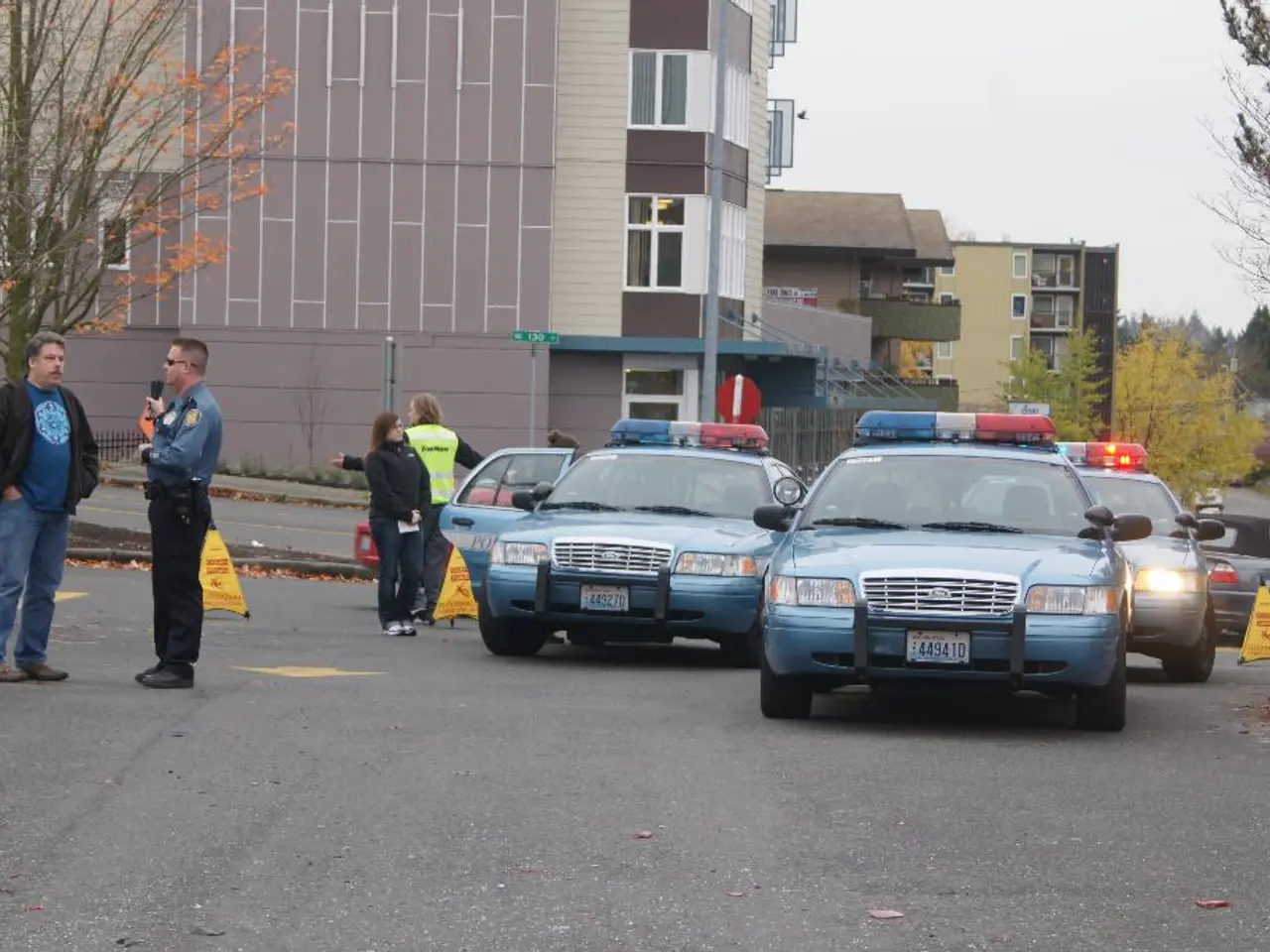Strict Lockdown Hits Germany Harshly
In a bid to curb a sustained second surge of COVID-19 cases, Germany announced a strict lockdown starting December 16, 2020, which will last until at least January 10. This decision, made by Chancellor Angela Merkel and the prime ministers of all federal states during a video conference on December 13, comes after a period from October to early November that was seen as a phase of accelerating disaster.
The rise in infections, which were increasingly of domestic origin and growing rapidly despite earlier measures, led to the government aiming to reduce transmissions from various sources, including households and nursing homes. However, criticisms about the delay in implementing the December lockdown focus on the perception that earlier, more decisive action could have prevented the sharp rise in infections.
Heike Anger, a columnist for Handelsblatt, links the introduction of the strict lockdown to discrepancies in anti-coronavirus policy among federal states. She criticizes Angela Merkel for her inconsistent approach, which she says blocked the adoption of long-term decisions on combating the pandemic.
During the summer, a belief spread that a second wave of the coronavirus would not occur. The number of new infections did not decrease as expected, leading to the hope that the German healthcare system would manage any challenge. However, this hope was another illusion, as the rising number of infected and dead has led politicians to take active measures.
The protection of risk groups, as evidenced by the catastrophic number of deaths in nursing homes, has failed. Politicians, along with many citizens and business representatives, believed moderate restrictions would be sufficient to protect the healthcare system and economy.
Many media commentators support the new restrictions, criticizing politicians for the delay in implementing them. Gerald Braunberger concludes that the time for illusions must end to prevent the pandemic from spiraling out of control. Unlike Italy, where the situation is now better because measures were taken earlier, Germany is facing a more severe crisis due to the indecisiveness of the authorities. Precious time was lost in protecting against the second wave of the coronavirus, according to Anger.
In summary, Germany’s December 16 lockdown was a reaction to a worsening domestic surge in COVID-19 cases after earlier measures had not contained the virus sufficiently, and criticisms highlight that an earlier lockdown might have limited spread more effectively.
- Science and medical research could have provided insights to help Germany's authorities make more decisive decisions earlier, potentially preventing the spread of COVID-19 more effectively.
- Workplace-wellness policies, including remote work options and sanitization protocols, might have helped reduce transmission of the virus in localized settings.
- Individuals with certain medical conditions and those suffering from chronic diseases are at an increased risk from COVID-19, making healthcare resources even more precious in this crisis.
- Cancer treatments, respiratory therapies, and mental health therapies and treatments were likely to have been affected by the surge in COVID-19 cases, putting more pressure on an already strained healthcare system.
- Nutrition plays a significant role in overall health and wellness, as maintaining a balanced diet can help boost the immune system, making individuals more resilient to diseases like COVID-19.
- Cardiovascular health is crucial for fighting off infections, as a strong heart can help transport oxygen and essential nutrients throughout the body.
- Medicare and other healthcare programs have been put to the test during the COVID-19 pandemic, as they strive to provide adequate care to all citizens, regardless of their age or pre-existing medical conditions.
- War and conflicts, both past and present, have historically exacerbated outbreaks of infectious diseases; it remains to be seen how the ongoing fight against COVID-19 will be affected by global political dynamics.
- Policy and legislation have played a role in the pandemic response, with countries varying in their widespread implementation of masks, social distancing guidelines, and lockdown measures.
- Car accidents, fires, and other accidents have continued to occur throughout the pandemic, straining first responders and healthcare facilities, further complicating the fight against COVID-19.
- General news outlets, crime and justice reporters, and political commentators have closely followed the pandemic's evolution, providing updates on the rise and fall of cases, the efficacy of different treatment approaches, and the ever-changing landscape of public health policy.




